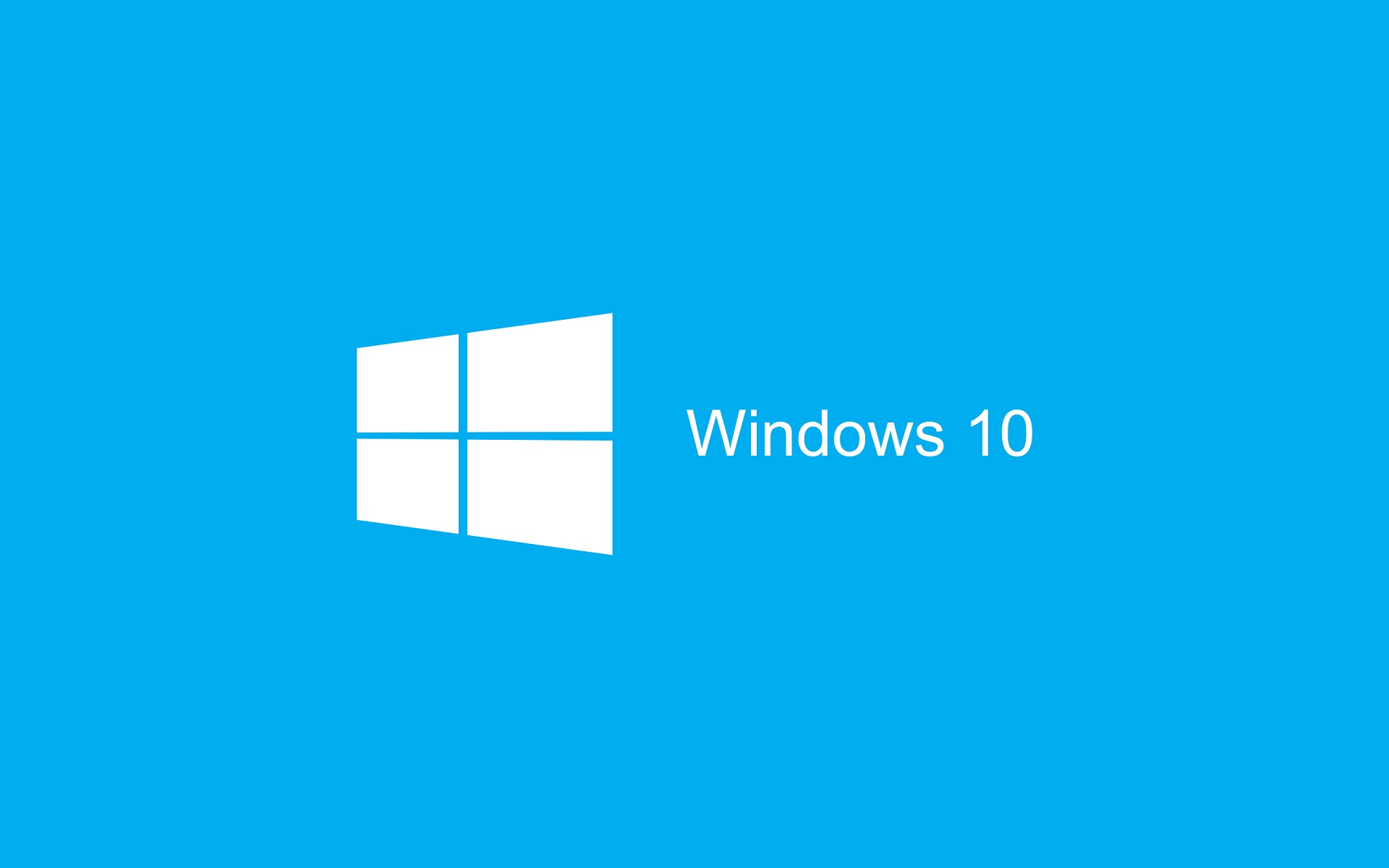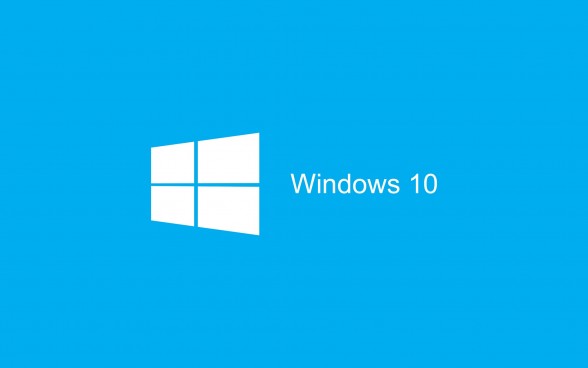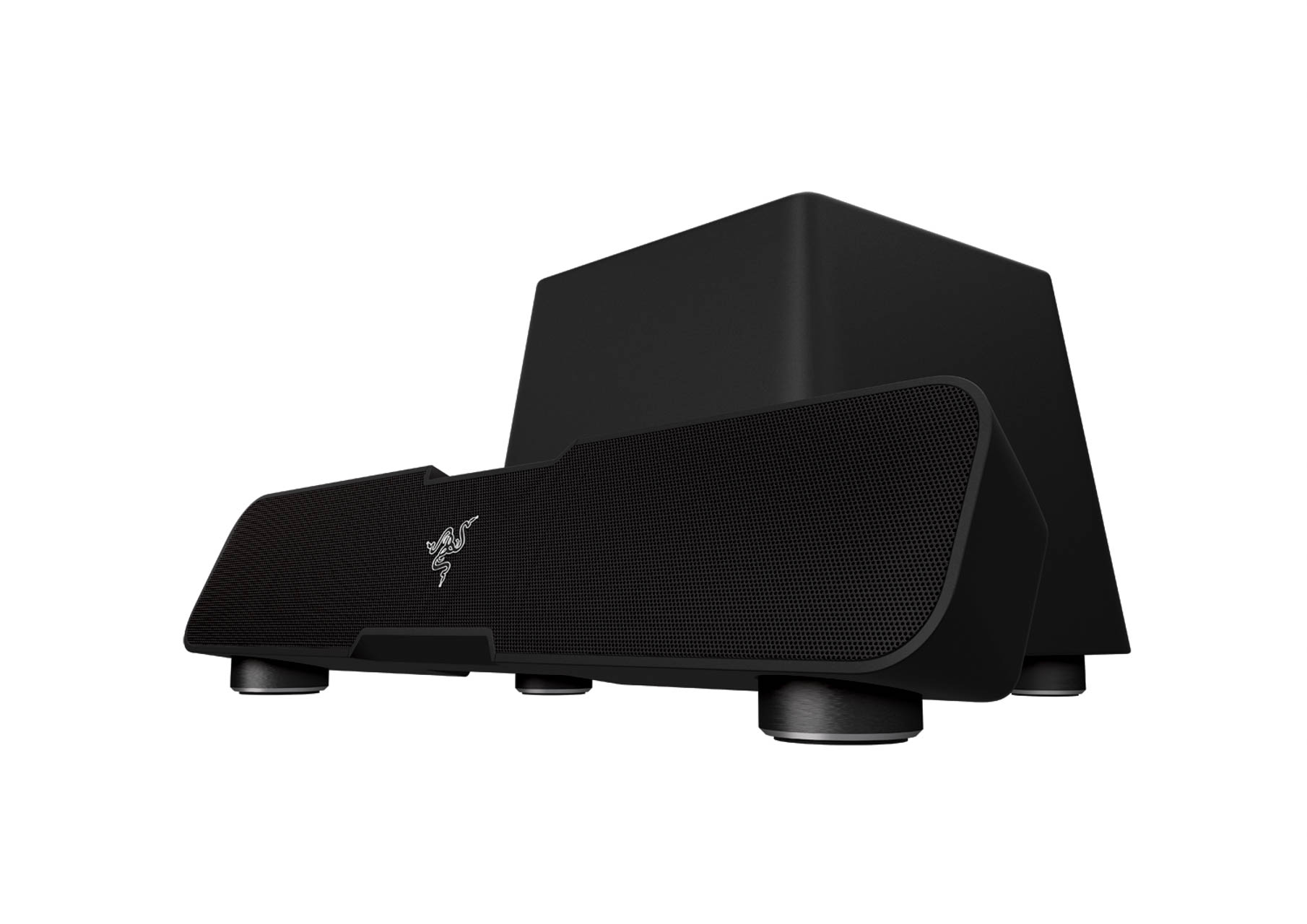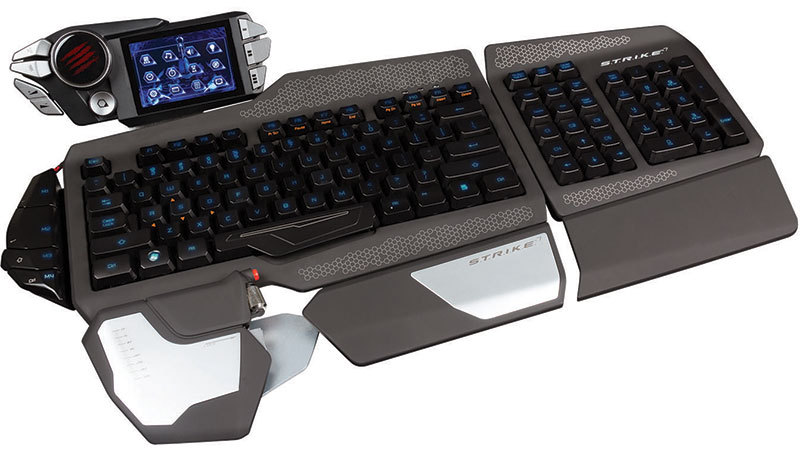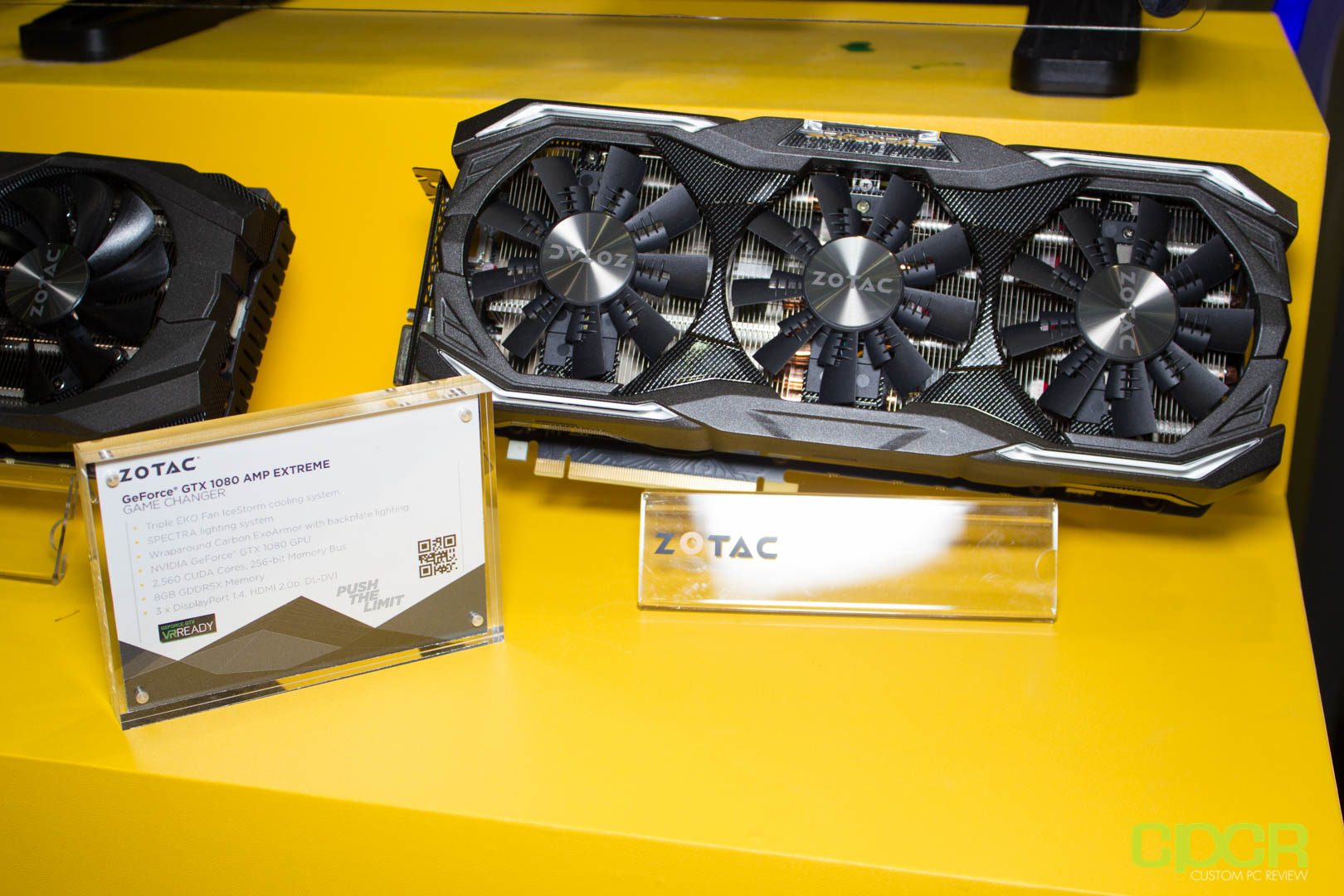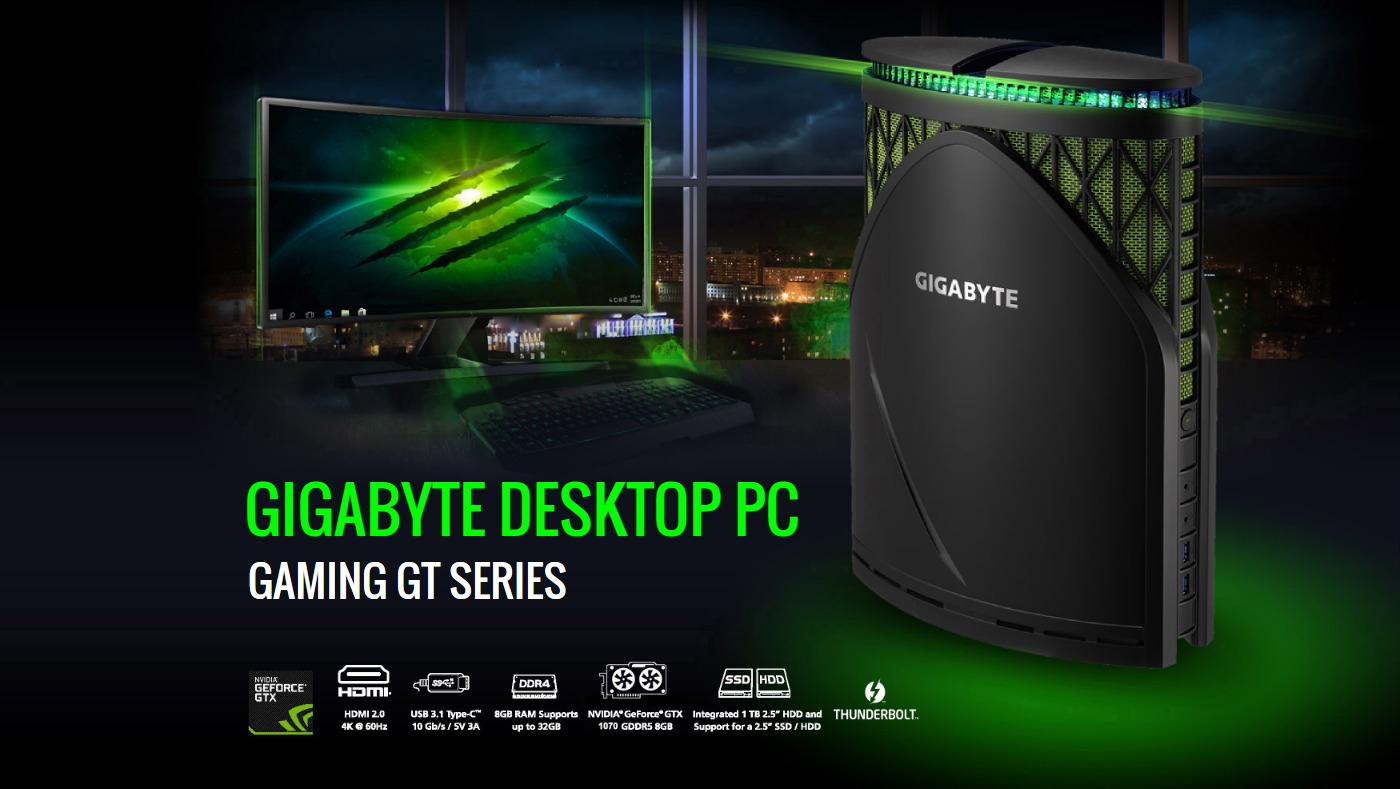Haven’t taken advantage of that free upgrade to Windows 10? Planning to upgrade to a new Intel Kaby Lake or AMD Zen based Summit Ridge CPU down the line? Think again!
Earlier this year, Microsoft announced that they’ll be ending support on Windows 7 and Windows 8.1 for newer CPUs, forcing users who upgrade to a newer CPU to purchase a copy of Windows 10. This new support policy change will include upcoming processors such as Intel’s Kaby Lake and AMD’s Bristol Ridge/Summit Ridge CPUs. Originally Microsoft had also included Intel Haswell processors among the processors that would lose Windows 7/8.1 support however, Microsoft has since reversed that decision likely due to pressure from Intel and other OEM partners.
Now that both Intel Kaby Lake and AMD Bristol Ridge products are practically on our doorstep, has Microsoft changed their mind? Apparently not. According to a recent interview by PCWorld, Microsoft is sticking to their guns. They even have a pretty reasonable reason to do so although some users may think otherwise.
“As new silicon generations are introduced, they will require the latest Windows platform at that time for support,” a Microsoft spokeswoman replied, when asked to confirm that that position was still in place. The goal appears to be to move forward with new features, even if it means leaving some users behind. “This enables us to focus on deep integration between Windows and the silicon, while maintaining maximum reliability and compatibility with previous generations of platform and silicon.”
Currently, it’s still unknown what will actually happen if you decided to upgrade to a new processor on a Windows 7 machine. According to PCWorld sources, Windows may boot; however, the experience would be glitchy causing apps or even the OS to crash.
For those still running Windows 7 or 8.1 and are not interested in upgrading the CPU, do keep in mind that while driver support for newer CPUs will end for Windows 7/8.1, Microsoft is still planning to support Windows 7 and Windows 8.1 with security updates until January 14, 2020 and January 10, 2023 respectively.
Source: PCWorld

